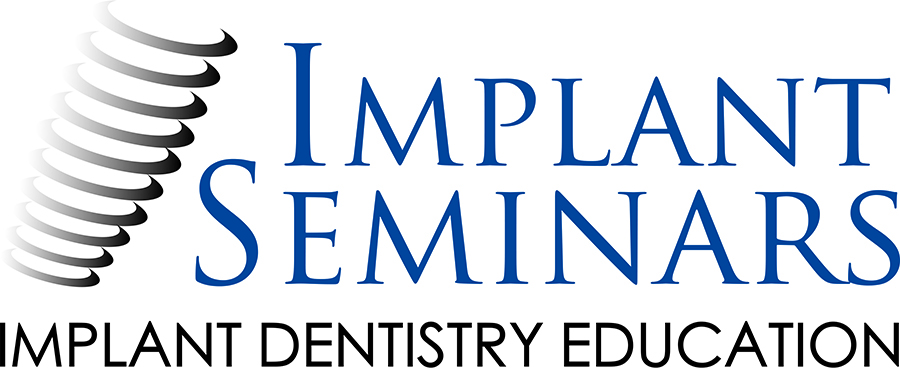Late last week I came across an article online that discussed a topic that left my mouth wide open: the growing popularity of do-it-yourself dentistry in the United Kingdom.
Published in the UK’s Daily Mirror, the article featured the story of Ian Boynton, a 42-year-old Iraq war veteran, who, due to excruciating toothaches and an inability to find a National Health Service dentist or afford private care, resorted to pulling out 13 of his teeth with pliers in the last two years. With few natural teeth left Boynton is having difficulty eating and is in need of some type of prosthesis, be it a denture or implants.
Considering that the Daily Mirror is a tabloid and has a checkered history of factual accuracy, I wasn’t sure what to make of this report. But a quick Google search on DIY dentistry (which returned over one million hits) opened my eyes to a burgeoning —and potentially risky — niche business. While I can’t confirm Mr. Boynton’s story, a similar article appeared in The Guardian (a mainstream hard news publication) lending credence to the idea. And according to a 2012 study by the British Dental Health Foundation, a charity organization, one in five Britons would remove their own teeth or ask a friend to assist in the extraction.
In case you think this is all strictly a British phenomenon, one of the lead dental DIY kits, made by DenTek®, is headquartered in Maryville, Tennessee, near Knoxville, and ships more than 250,000 kits per year and is sold on Amazon. Granted, marketing on the package clearly states that the product is intended as “temporary filling material.” Visit DenTek’s website and the product is categorized under “Dental First Aid Kit.”
So what are professional dentists to make of all this “bathtub gin?”
Emergency Care vs. Primary Care
In general I think our response should be relative to the type of DIY effort employed, and specifically how these take-home “solutions” are used. In a pinch, such tactics can be great for emergencies like temporarily securing a loose crown or replacing a lost filling. And as DenTek® rightly points out in its marketing, temporary fixes should always be followed up by a professional dentist. Even dental practices in the U.S. that offer take-home teeth whitening kits, (far less risky than pulling out ones teeth with a hand tool more fit for the family garage than the medicine cabinet) for instance, encourage patients to return for follow-up visits to ensure that the whitening procedure was done right.
What we don’t want to see is the birth of an unregulated cottage industry that promotes potentially unsafe dental practices. The Mirror article was quick to report additional examples where DIY dentistry caused more harm than good. Using metal pliers to extract teeth can be particularly dangerous from an infection standpoint. Botched home remedies might also cause an uptick in after-the-fact dental visits that cause a backlog for regular patients.
While the cost of dental care without insurance can be high, dentists and dental staff should be flexible in working with patients in ways that meet their needs. One of the simplest ways to reduce procedural cost is to encourage lifelong preventative maintenance dental visits. Like a well maintained car, it’s much easier to pay for an oil change than it is to replace a seized engine. Our bodies are similar. Regular cleanings prevent tooth decay and reduce the chances of a costlier root canal or extraction in the future.
Going forward, I very much hope Mr. Boynton gets the dental care he needs to live a normal, fully functional life. For the millions of other patients in the U.S. and U.K., consider visiting your local dentist — before unpacking the pliers.
